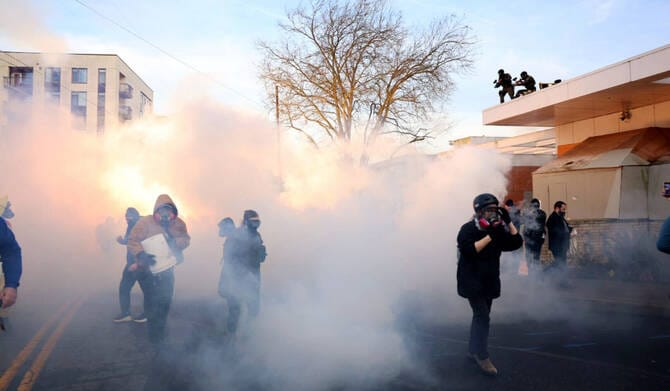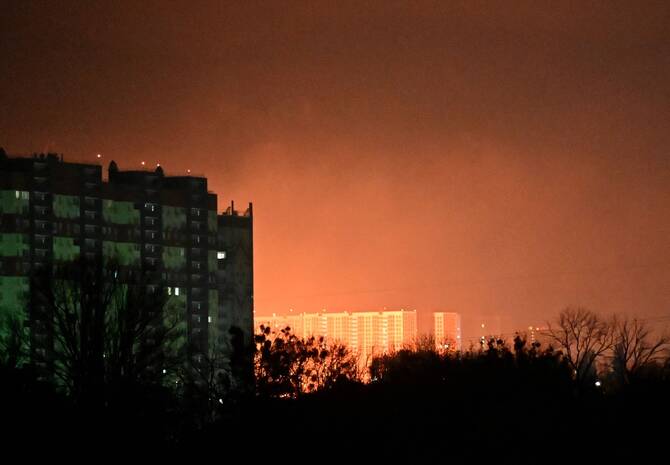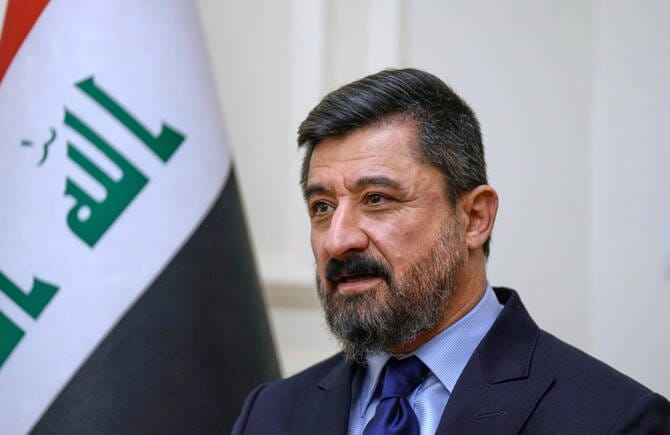As a general amnesty law takes effect in Iraq, the country’s prisons are facing a crisis of overcrowding, housing more than double their intended capacity, the country’s justice minister said in an interview.
Justice Minister Khaled Shwani told The Associated Press on Saturday that Iraq’s 31 prisons currently hold approximately 65,000 inmates, despite the system being built to accommodate only half that number.
He acknowledged that the overcrowding has put a severe strain on prison health care and human rights standards.
“When we took office, overcrowding stood at 300 percent,” he said. “After two years of reform, we’ve reduced it to 200 percent. Our goal is to bring that down to 100 percent by next year in line with international standards.”
Thousands more detainees remain in the custody of security agencies but have not yet been transferred to the Ministry of Justice due to lack of prison capacity. Four new prisons are under construction, Shwani said, while three have been closed in recent years. Two others have been opened and six existing prisons expanded.
The general amnesty law passed in January had strong support from Sunni lawmakers who argue that their community has been disproportionately targeted by terrorism charges, with confessions sometimes extracted under torture.
But opponents say the law would allow the release of people involved in public corruption and embezzlement as well as militants who committed war crimes.
The Iraqi Observatory for Human Rights, a watchdog group, said in a statement that “the current version of the general amnesty law raises deep concerns over its potential legal and security consequences.”’
Shwani said 2,118 prisoners have been released from the justice ministry’s prisons since the amnesty law took effect, while others had been released from the custody of security agencies before being transferred to the Ministry of Justice.
“We have a committee studying the status of inmates and identifying those who may qualify for release, but the vision is not yet final,” he said. The minister said he expects a “good number” to be released but “cannot specify an exact percentage until we receive clarity from the judiciary on who qualifies for the amnesty.”
Iraq’s prisons house hundreds of foreign nationals, most of them convicted of terrorism-related charges or affiliation with the Al-Qaeda and Daesh.
The inmates hail from countries including Kyrgyzstan, Kazakhstan, Azerbaijan, Turkiye, Egypt, North African nations, and several European states, as well as a handful of US citizens. Shwani said discussions are underway with several governments to repatriate their citizens, excluding those sentenced to death.
He said inmates have been repatriated under existing agreements with Iran, Turkiye, and the United Kingdom, including 127 Iranian inmates who were recently transferred back to Tehran.
An Iranian who was convicted in the 2022 killing of a US citizen in Baghdad remains in custody, however, Shwani said.
Stephen Edward Troell, 45, a native of Tennessee, was fatally shot in his car in November by assailants as he pulled up to the street where he lived in Baghdad’s central Karrada district with his family. Iranian citizen Mohammed Ali Ridha was convicted in the killing, along with four Iraqis, in what was described as a kidnapping gone wrong.
All executions have been halted following the issuance of the general amnesty law, Shwani said.
Iraq has faced criticism from human rights groups over its application of the death penalty and particularly over mass executions carried out without prior notice to lawyers or family members of the prisoners.
Shwani pushed back against the criticisms of prison conditions and of the executions.
“There are strict measures in place for any violations committed against inmates,” he said. “Many employees have been referred for investigation, dismissed, and prosecuted.”
He insisted that the “number of executions carried out is limited — not as high as reported in the media” and said the death penalty is only applied in “crimes that severely threaten national security and public safety,” including inmates convicted in a 2016 bombing attack in Baghdad’s Karrada district that killed hundreds of people, as well as cases of child rape and high-ranking Daesh leaders.
Executions have been paused to reassess cases under the new amnesty law, he said.
Read More

French prosecutors stick to demand for five-year ban for Le Pen
French prosecutors demanded on Tuesday that an appeal court maintain a five-year ban on far-right leader Marine Le Pen from holding public office for a European parliament fraud, stepping up threats to her presidential ambitions. If the court upholds last year’s bombshell ruling by a lower tribunal, Le Pen

Thousands of Venezuelans march to demand Maduro’s release
Thousands of backers of Venezuela’s former leader Nicolas Maduro, ousted in a deadly US military operation a month ago, marched in Caracas on Tuesday to demand his freedom. “Venezuela needs Nicolas,” chanted the crowd, as stand-in President Delcy Rodriguez navigates a tightrope between holding on to support from Washington

Federal agents must limit tear gas for now at protests outside Portland ICE building, judge says
A judge in Oregon on Tuesday temporarily restricted federal officers from using tear gas at protests at the US Immigration and Customs Enforcement building in Portland, just days after agents launched gas at a crowd of demonstrators including young children that local officials described as peaceful. US District Judge Michael

Ukraine, Russia, US negotiators gather in UAE for peace talks
Negotiators from Ukraine, Russia and the United States were set to gather in Abu Dhabi on Wednesday, seeking to advance fraught talks on how to end the four-year war. Several rounds of diplomacy between the sides have failed to strike a deal on ending Europe’s deadliest conflict since World

